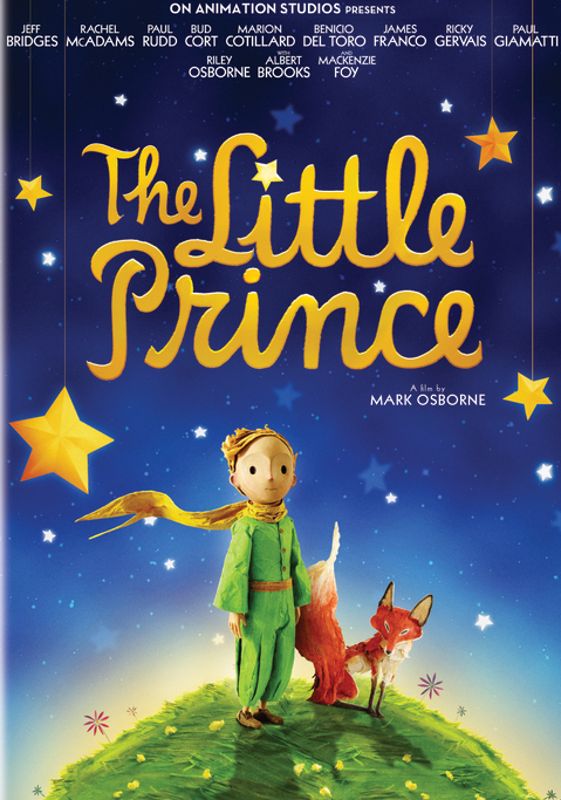Category: Language: English
-
Pocahontas. Dir. Eric Goldberg and Mike Gabriel. The Walt Disney Company. 1995.
In Pocahontas, the animosity between Meeko, the Native American raccoon and Percy, the English pug is a microcosm of the conflict between the Native and English humans. The animals are comic foils, providing family-friendly slapstick relief from human violence. However, the inclusion of animals adds meaning beyond just comedic value. The animals and humans both…
-
Snatch. Dir. Guy Ritchie. Columbia Pictures. 2000.
– “Okay, I reckon the hare gets fucked” – “What? Proper fucked?” In Guy Ritchie’s comedic crime thriller Snatch, he uses this hare coursing scene to draw parallels between the animality of the dogs and the gangsters, whilst also simultaneously using the mise-en-scene to create a contrast between the agility of animals alongside the clumsiness…
-
Jojo Rabbit. Dir. Taika Waititi. Fox Searchlight Pictures. 2019.
Taika Waititi’s Jojo Rabbit embodies the toxicity of hegemonic masculinity in Nazi Germany, utilising the rabbit ‘as a material and symbolic resource.’[1]. Waititi’s decision to navigate the film through the eyes of ten-year-old Jojo is significant, as Jojo’s own conflicted sense of masculinity is underscored through the rabbit as a symbol of gender, as his…
-
Children of Men. Dir. Alfonso Cuarón. Universal Pictures. 2006.
Children of Men is a 2006 film directed by Alfonso Cuarón set in Britain in which the people have become infertile. This infertility has caused the collapse of most countries apart from Britain, which has embraced far-right ideology. The chosen scene, from early on in the film, shows Theo (Clive Owen) on his way to the…
